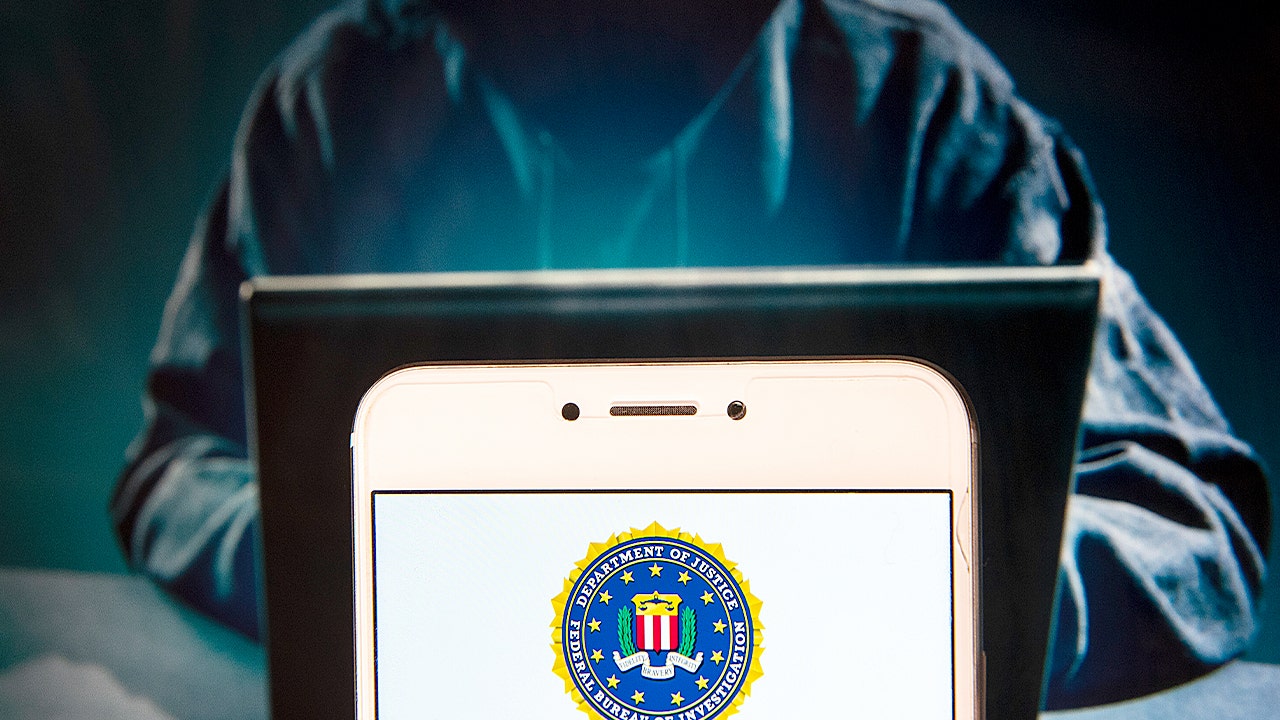**Ukrainian Woman Charged Over Russian-Backed Cyberattacks; $10M Reward Offered for Others**
The Department of Justice (DOJ) has unsealed indictments charging a Ukrainian woman with helping carry out dozens of cyberattacks on critical U.S. infrastructure, working in tandem with Russian-backed hackers.
Victoria Eduardovna Dubranova, 33, also known as Vika, Tory and SovaSonya, was arraigned Tuesday on a second federal indictment after being extradited to the U.S. earlier this year. She pleaded not guilty to charges related to her alleged work with two Russian-backed operations: CyberArmyofRussia_Reborn (CARR) and NoName057(16).
Prosecutors have said both groups receive backing from Russian government bodies to push Russian geopolitical interests. According to the DOJ, CARR was founded and funded by Russia's military intelligence agency, the GRU, and operated a popular Telegram channel with more than 75,000 followers.
The group's attacks caused real-world harm, including damage to public water systems that spilled hundreds of thousands of gallons of drinking water. They also cited a November 2024 breach at a Los Angeles meat processing plant that spoiled thousands of pounds of product and released ammonia.
Assistant Attorney General for National Security John A. Eisenberg stated, "Today's actions demonstrate the Department's commitment to disrupting malicious Russian cyber activity — whether conducted directly by state actors or their criminal proxies — aimed at furthering Russia's geopolitical interests."
NoName057(16) is described as a Russia-linked hacktivist group responsible for more than 1,500 attacks between March 2022 and June 2025. Its targets included government agencies, telecommunications firms, the military, financial institutions, and transportation authorities across Ukraine, Estonia, Finland, Lithuania, Norway, Poland, and Sweden.
The group also claimed responsibility for cyberattacks on Dutch infrastructure ahead of and during the 2025 NATO Summit in The Hague. "They are actively engaging in opportunistic, low-sophistication malicious cyber activity to gain notoriety and create mayhem," said Chris Butera, CISA's acting deputy executive assistant director for cybersecurity.
Dubranova faces up to five years in the NoName case and as many as 27 years in the CARR matter. Trials are set for February and April 2026.
**$10 Million Reward Offered**
The State Department's Rewards for Justice program is offering up to $10 million for information leading to others tied to one of the pro-Russia hacking groups she was allegedly affiliated with. The message reads, "They call themselves 'NoName.' But maybe YOU can name some names."
**Background on NoName057(16)**
NoName057(16) is described as a Russia-linked hacktivist group responsible for more than 1,500 attacks between March 2022 and June 2025. Its targets included government agencies, telecommunications firms, the military, financial institutions, and transportation authorities across Ukraine, Estonia, Finland, Lithuania, Norway, Poland, and Sweden.
**Dubranova's Alleged Involvement**
Dubranova was arraigned Tuesday on a second federal indictment after being extradited to the U.S. earlier this year. She pleaded not guilty to charges related to her alleged work with two Russian-backed operations: CyberArmyofRussia_Reborn (CARR) and NoName057(16).
**Timeline of Events**
* March 2022 - June 2025: NoName057(16) conducts over 1,500 attacks across Ukraine, Estonia, Finland, Lithuania, Norway, Poland, Sweden. * November 2024: Breach at a Los Angeles meat processing plant that spoiled thousands of pounds of product and released ammonia. * February and April 2026: Trials set for Dubranova in the NoName and CARR cases.
Fox News Digital has reached out to the DOJ for further information.
